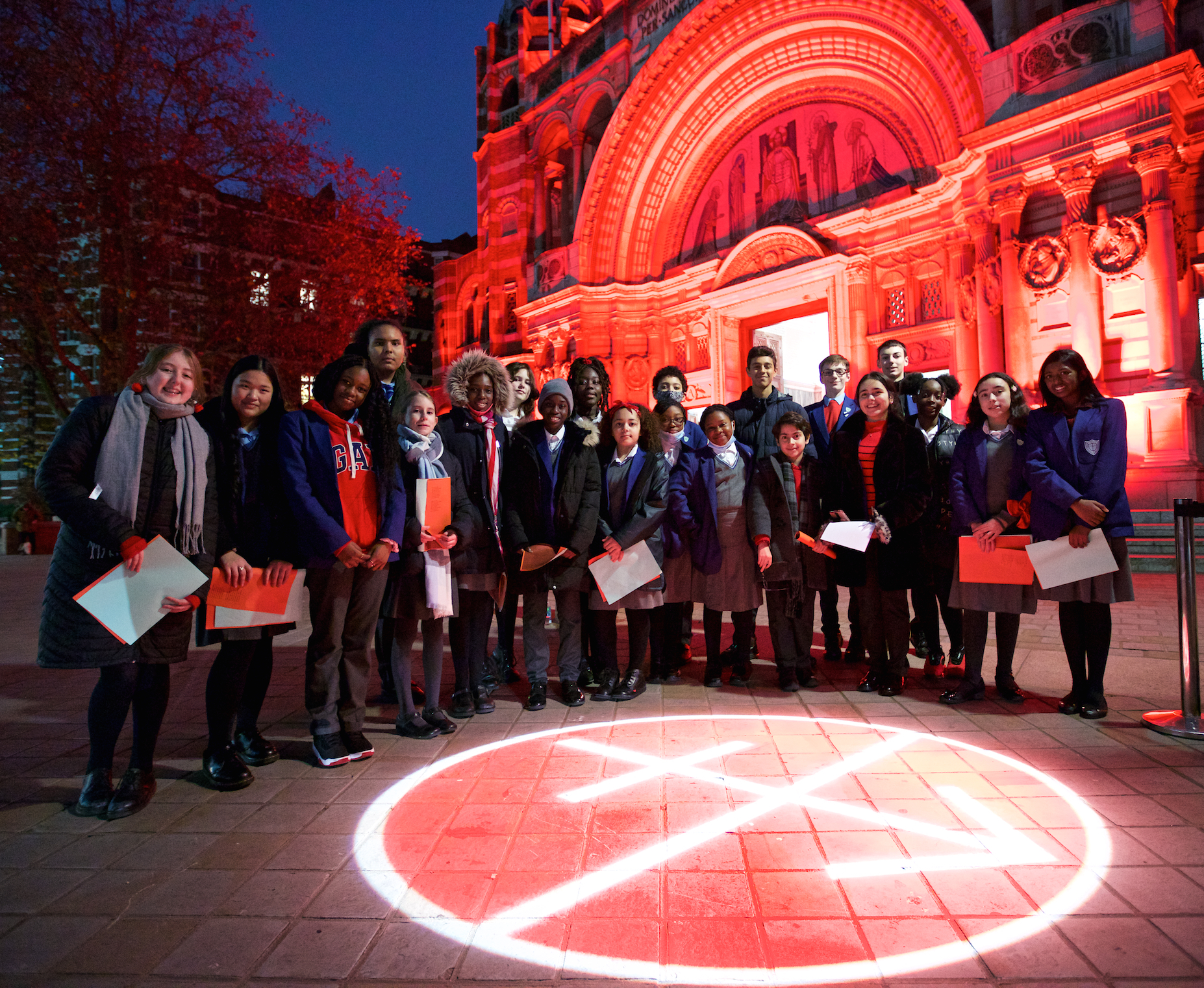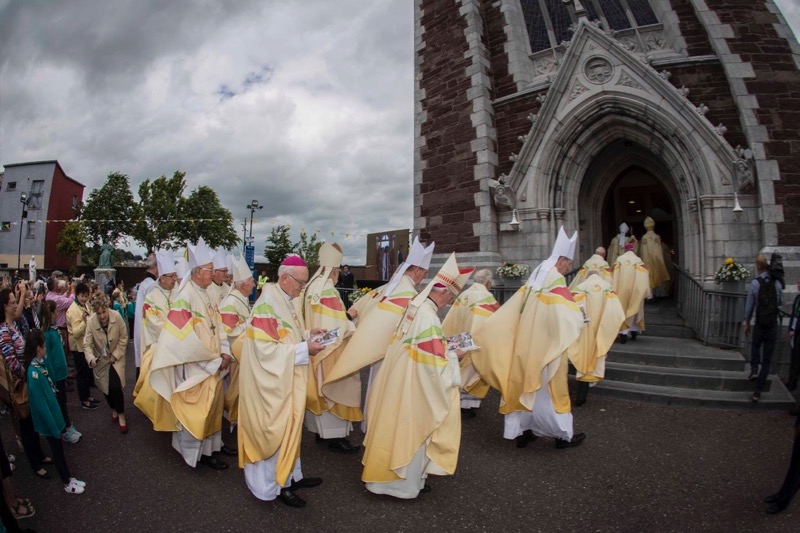If the synodal process is done properly, women will be central to the journey and it will change the way parishes work, theologian Dr Clare Watkins has said.
Speaking at The Tablet’s inaugural Synod Watch webinar titled, A Synodal Church: The Journey Begins, the Reader in Ecclesiology and Practical Theology at the University of Roehampton said that through the synodal process “there is a space opening up, not just for women, but for all sorts of marginal identities within the Church to find a voice”.
On the centrality of communal discernment and listening to the synodal process and the potential to create a different kind of Church, Dr Watkins suggested that clericalism was one of the things synodality had to crack.
However, she warned that presenting synodality as a decision-making process was to misunderstand it and could create “less than helpful expectations about what can really happen”.
The other speaker at the webinar, Dr Nicola Brady, chair of the Synodal Steering Committee of the Irish Catholic Church’s Synodal Pathway, said the synodal reform process was both “a unique moment” and urgent.
“That view is widely held, and people have been asking for this for many years,” she said, particularly in the wake of the abuse scandals in the Church.
She told the webinar that there was “a very strong consensus across the board, from bishops and people in parishes, to people working in faith-based organisations” that the synod was opening up “a new way of being church”.
“This really has to be about a long-term process of transformation that brings us to a much more relational place as a Church and much more inclusive place, with a better sense of connection between church and community,” Dr Brady said.
Speaking about the Irish Church’s preparations for a national synod assembly in 2025, she explained that the initial phase of discernment coincided with the universal Church’s synod. “We see that as a real opportunity, and we are working on integrating the two processes.” She added that it was “encouraging to be able to connect what we are doing in Ireland to the wider global context and vision for the universal Church.”
Asked about possible limitation on the issues that could discussed, Dr Clare Watkins called for “parrhesia” and stressed, “in principle, there can be nothing that we can’t talk about”.
She said the weariness of some around the synodal process sprang from a sense that it was not going to make any difference, a sentiment she had heard from both clergy and laypeople.
“I think the weariness comes from poor communication of what this is really about.” Some dioceses in England Wales, she said, were presenting it as a survey and telling people to go online and fill it in”.
“That is not what synodality is about. If we see this as a project that we have to get our responses to some kind of survey by a certain deadline, then that is very wearisome. It is target driven, it is task driven, and I don’t think there is an appetite for that. There is a lack of trust, not least because of the way the consultations around the Synod on the Family were handled in England and Wales.”
“This is not a project that has a beginning and an end. This is this is an attempt to be a new way of being Church.”
Dr Nicola Brady said the principle of subsidiarity was very important to the process. “We feel it is really important that the process takes account of local realities, and crucially, builds on any listening work that has been done previously in a local context, so that people don't feel that that has been abandoned for another new initiative.”
“This is not a data gathering exercise. This is not about surveys. It is about hearing stories and hearing experiences and within that there has to be space for people to share their hopes, but also their concerns, and to share those things that are barriers for them to belonging in the Church.”
Separately, a survey by Irish reform group We Are Church Ireland (WACI) of the websites of the Irish Church’s 26 Irish dioceses to see if the Global Synod was mentioned has found that 10 dioceses (38 per cent) contain no information about it.
In a statement, WACI highlighted that none of the 26 dioceses had named their contact person for the synod.
Speaking to The Tablet, WACI spokesperson Colm Holmes said: “This is the first item on the timeline from the Vatican’s Synod office and only one diocese (Elphin) named the members of their Synod Committee. The dioceses of Derry and Dublin had lots of helpful links and short videos.”
He gave special mention to the diocese of Raphoe as the only diocese with an online response form provided in both English and Irish.
WACI expressed concern that the Irish bishops have decided to wait until next year before promoting the synod online.
“Surely after the experience of the past 18 months we have learnt how to engage online with Zoom and other media? One of Pope Francis’ stated aims is to hear from all those at the margins and outside the institutional Church. That group makes up the large majority of the population of Ireland and they are best contacted using social media.”



 Loading ...
Loading ...